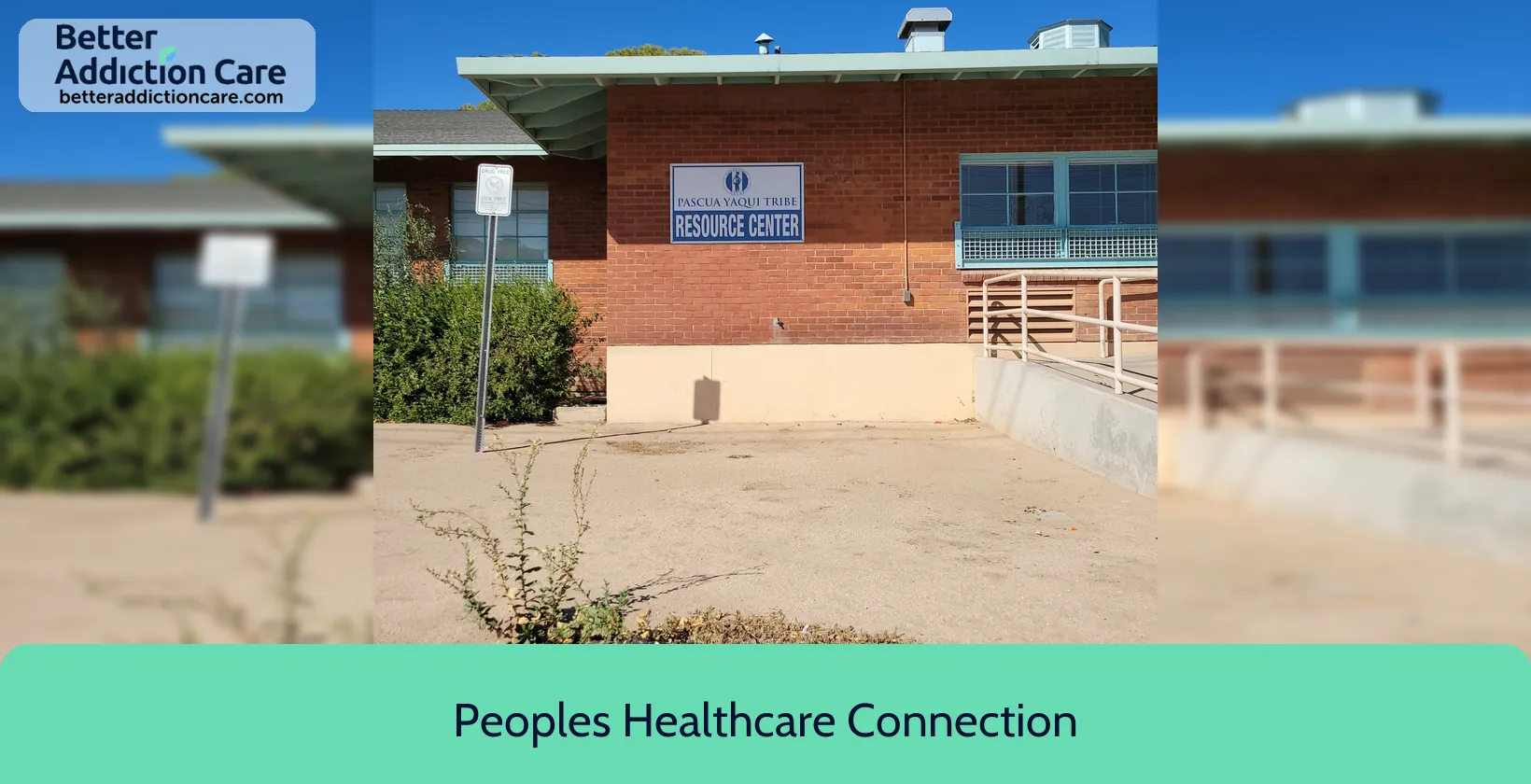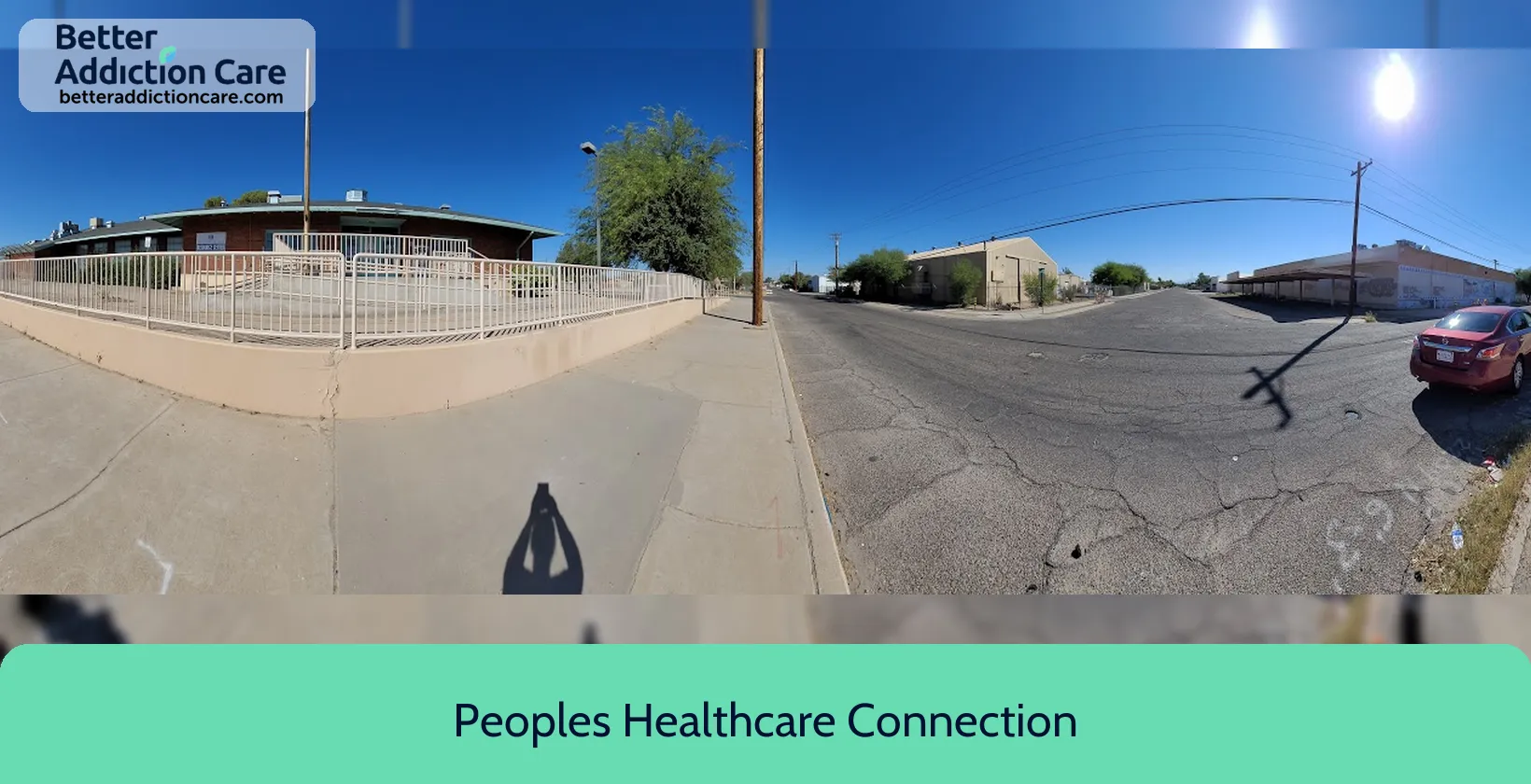Overview
Peoples Healthcare Connection is a substance abuse treatment center for people seeking treatment near Pima County. As part of their treatment modalities for recovery, Peoples Healthcare Connection provides cognitive behavioral therapy, substance use disorder counseling, and trauma-related counseling during treatment. Peoples Healthcare Connection is located in Tucson, Arizona, accepting cash or self-payment for treatment.
Peoples Healthcare Connection at a Glance
Payment Options
- Cash or self-payment
- IHS/Tribal/Urban (ITU) funds
Assessments
- Comprehensive substance use assessment
- Outreach to persons in the community
- Screening for mental disorders
- Screening for substance use
- Comprehensive mental health assessment
Age Groups
- Young adults
- Adults
Ancillary Services
- Case management service
- Specially designed program for DUI/DWI clients
- Domestic violence services, including family or partner
- Mental health services
- Social skills development
Highlights About Peoples Healthcare Connection
6.77/10
With an overall rating of 6.77/10, this facility has following balanced range of services. Alcohol Rehabilitation: 8.00/10, Drug Rehab and Detox: 6.00/10, Insurance and Payments: 6.00/10, Treatment Options: 7.09/10.-
Alcohol Rehabilitation 8.00
-
Treatment Options 7.09
-
Drug Rehab and Detox 6.00
-
Insurance and Payments 6.00
Treatment At Peoples Healthcare Connection
Treatment Conditions
- Alcoholism
- Mental health treatment
- Substance use treatment
- Co-occurring Disorders
Care Levels
- Outpatient
- Intensive outpatient treatment
- Regular outpatient treatment
- Aftercare
Treatment Modalities
- Cognitive behavioral therapy
- Substance use disorder counseling
- Trauma-related counseling
- Group counseling
- Family counseling
Ancillary Services
Special Programs
- Criminal justice (other than DUI/DWI)/Forensic clients
- Clients who have experienced intimate partner violence, domestic violence
- Clients who have experienced trauma
Get Help Now
Common Questions About Peoples Healthcare Connection
Contact Information
Other Facilities in Tucson
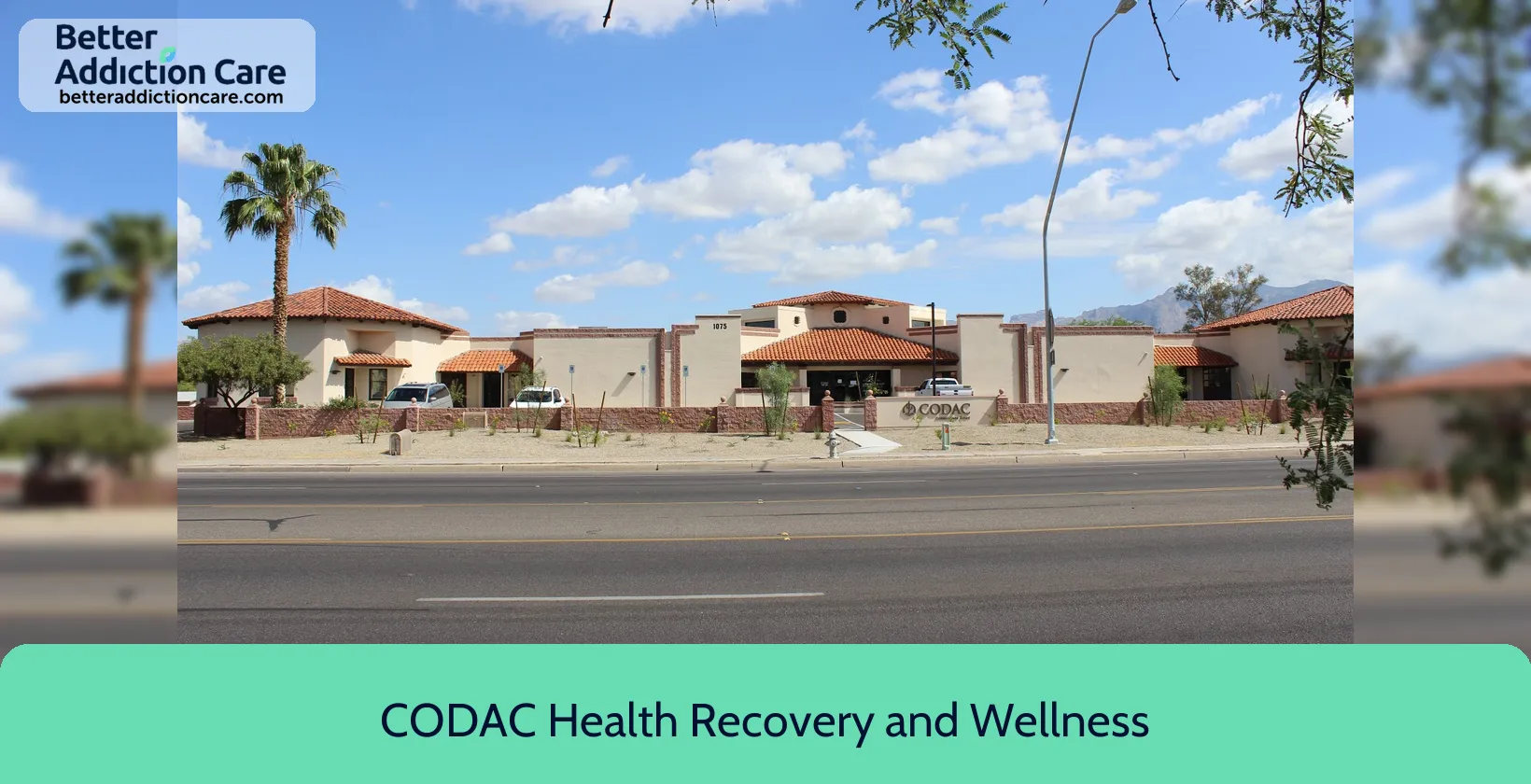
7.57
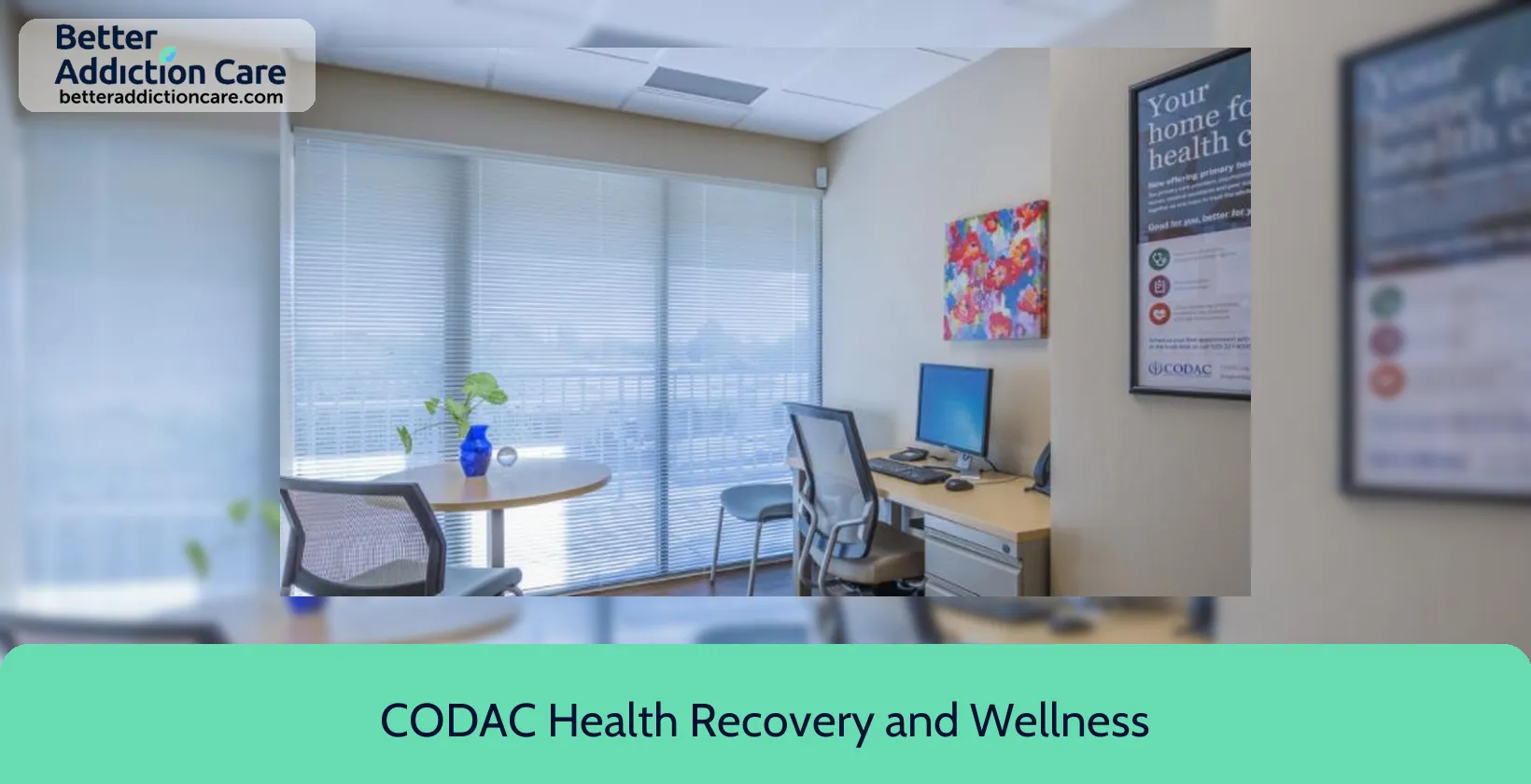
7.81
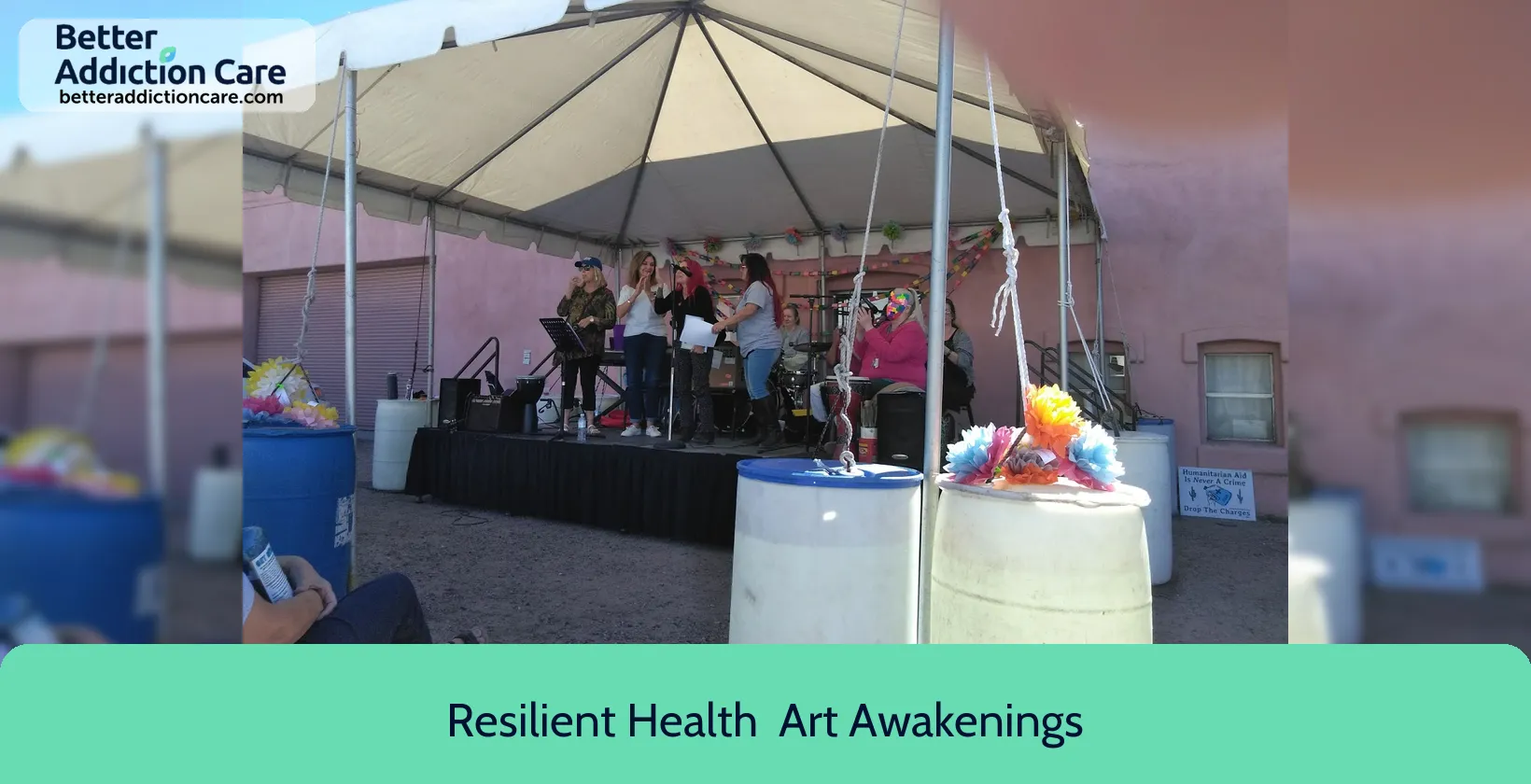
6.68
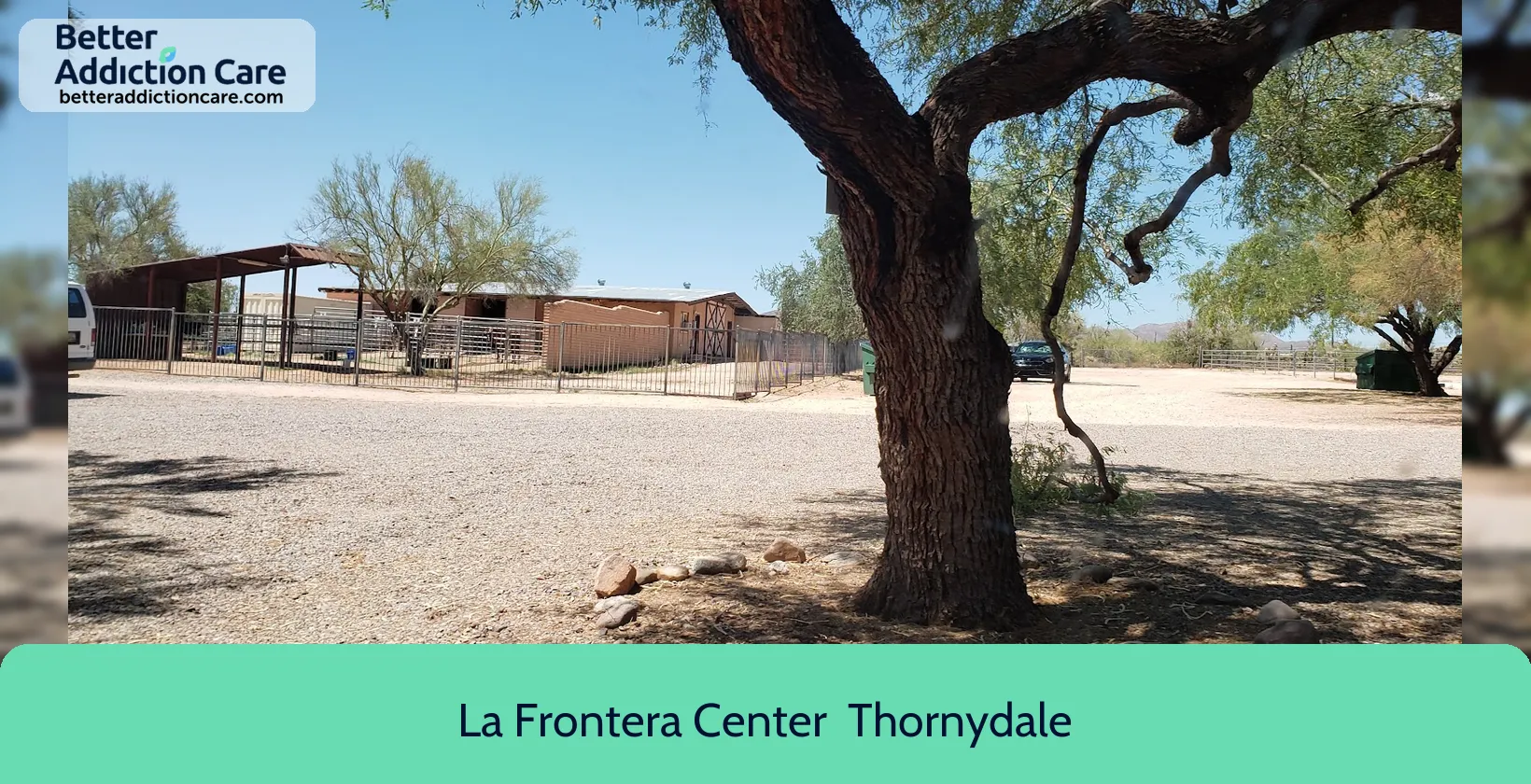
6.68
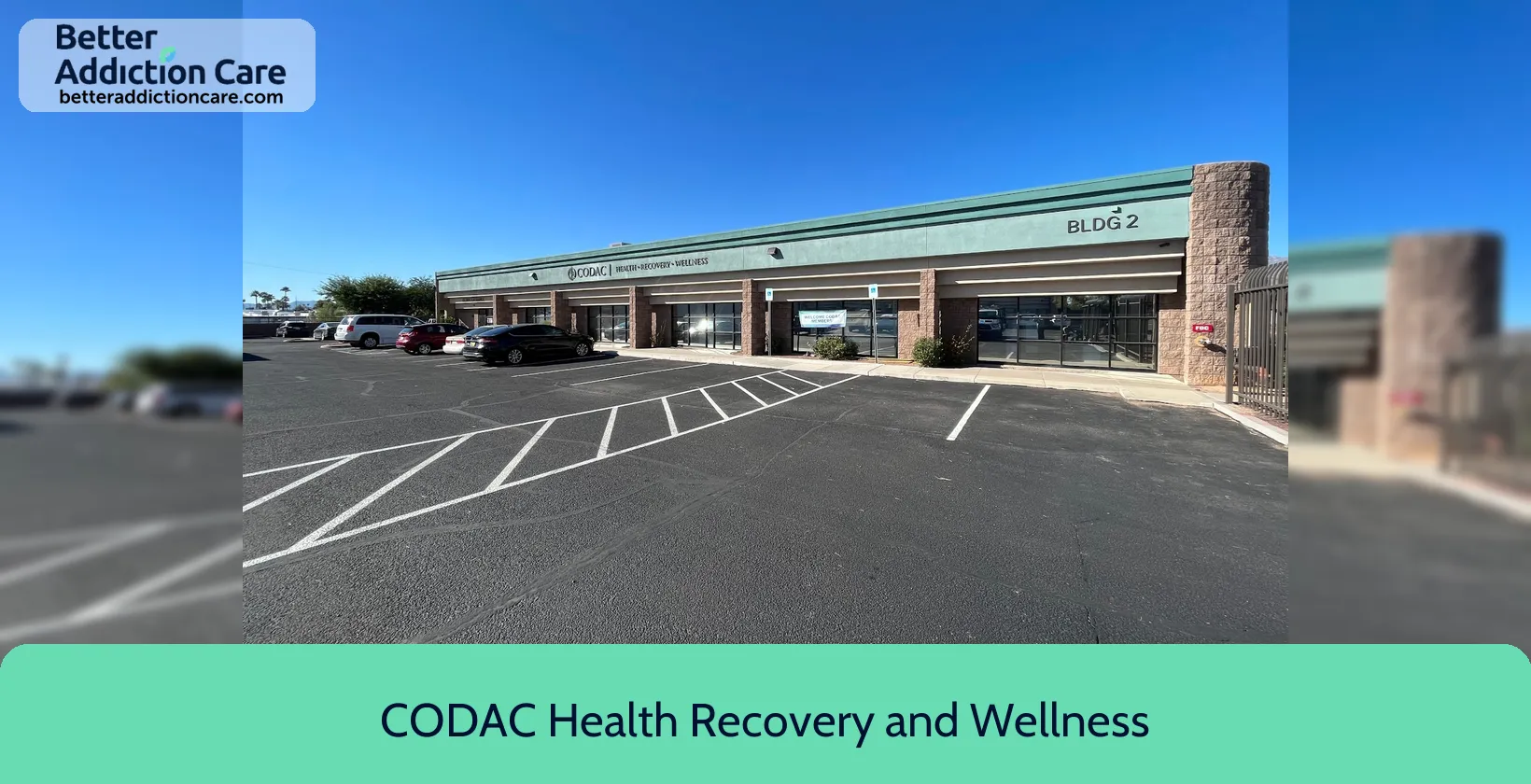
7.49
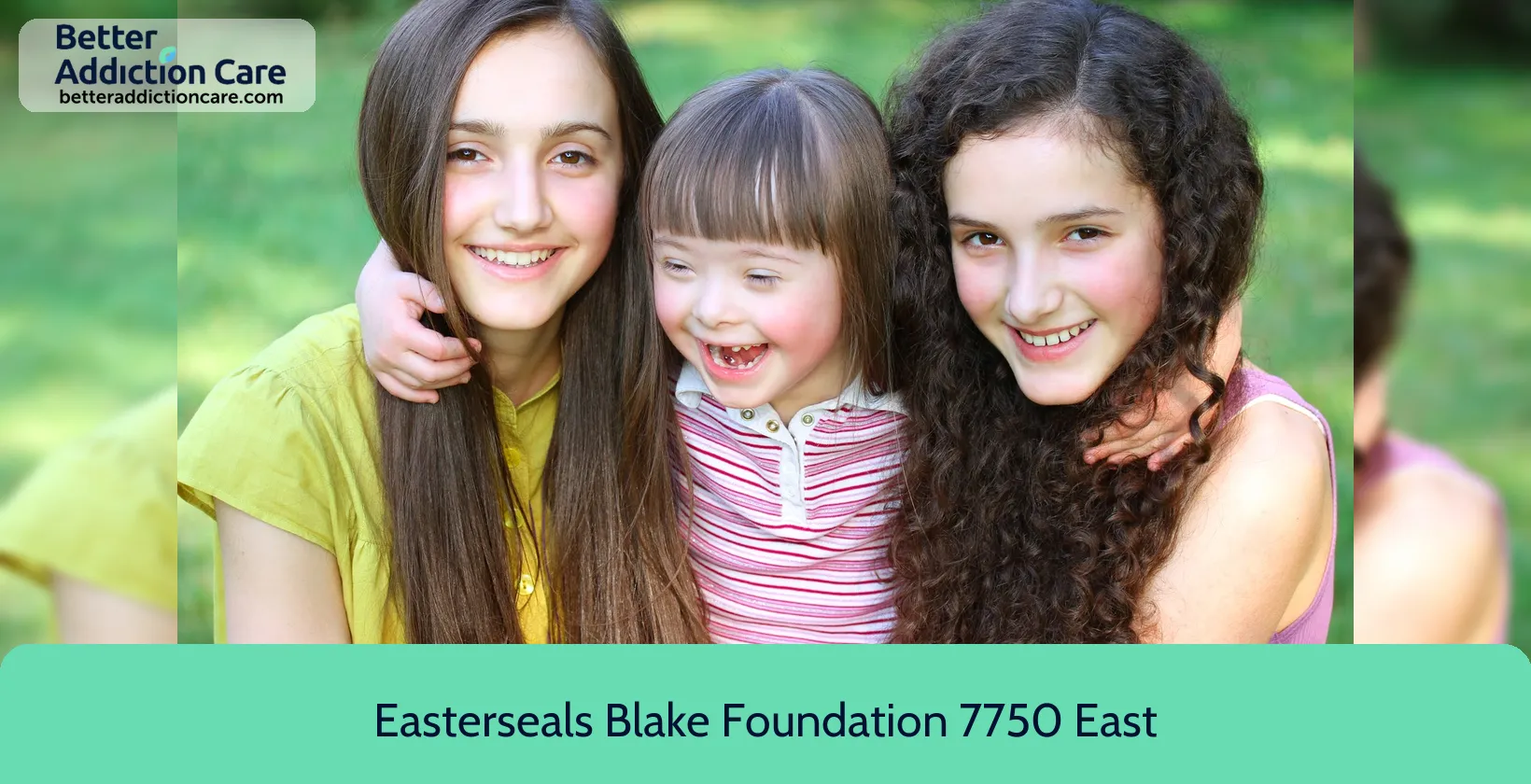
7.08
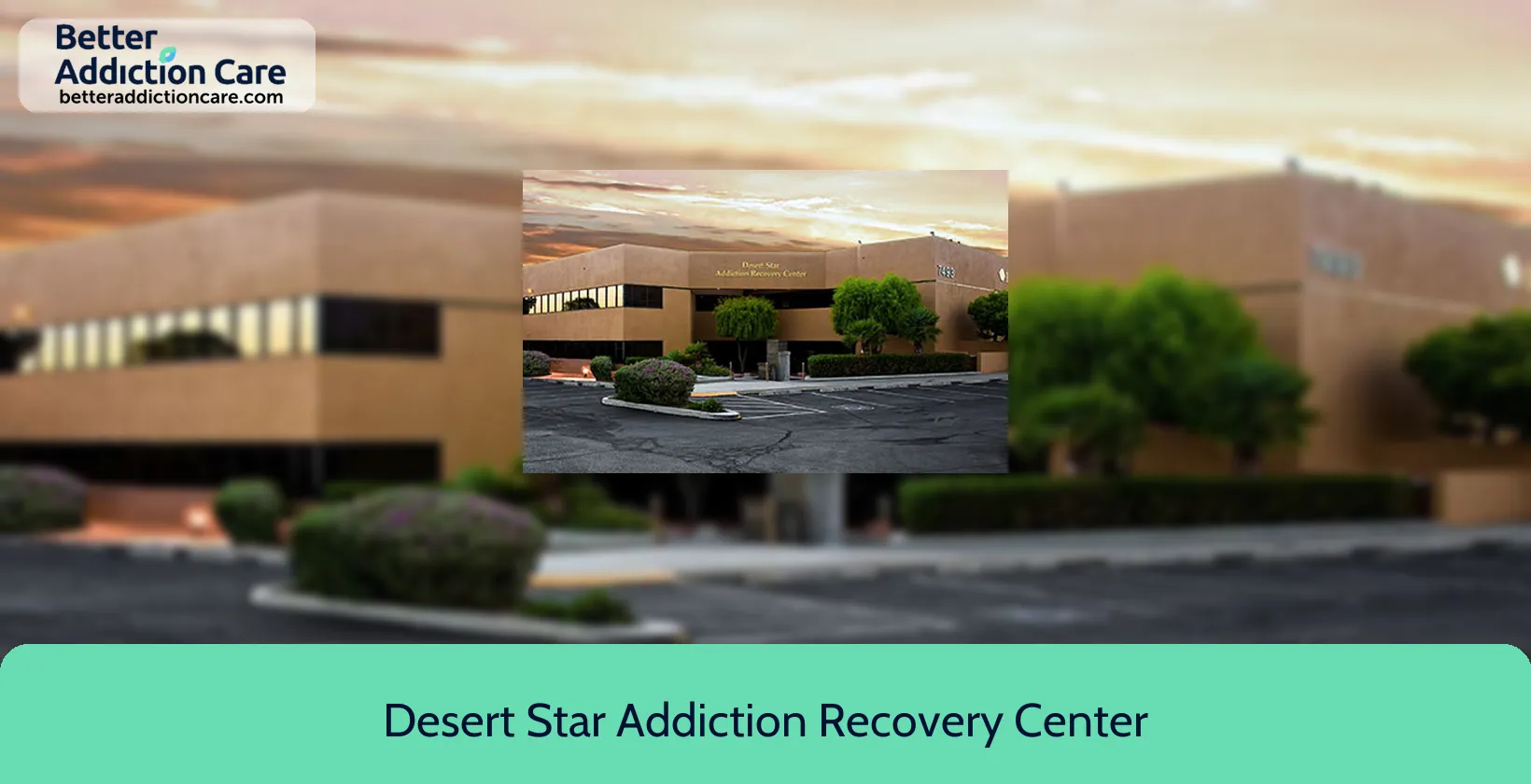
7.14

7.27
DISCLAIMER: The facility name, logo and brand are the property and registered trademarks of Haven Residential Program, and are being used for identification and informational purposes only. Use of these names, logos and brands shall not imply endorsement. BetterAddictionCare.com is not affiliated with or sponsored by Haven Residential Program.
